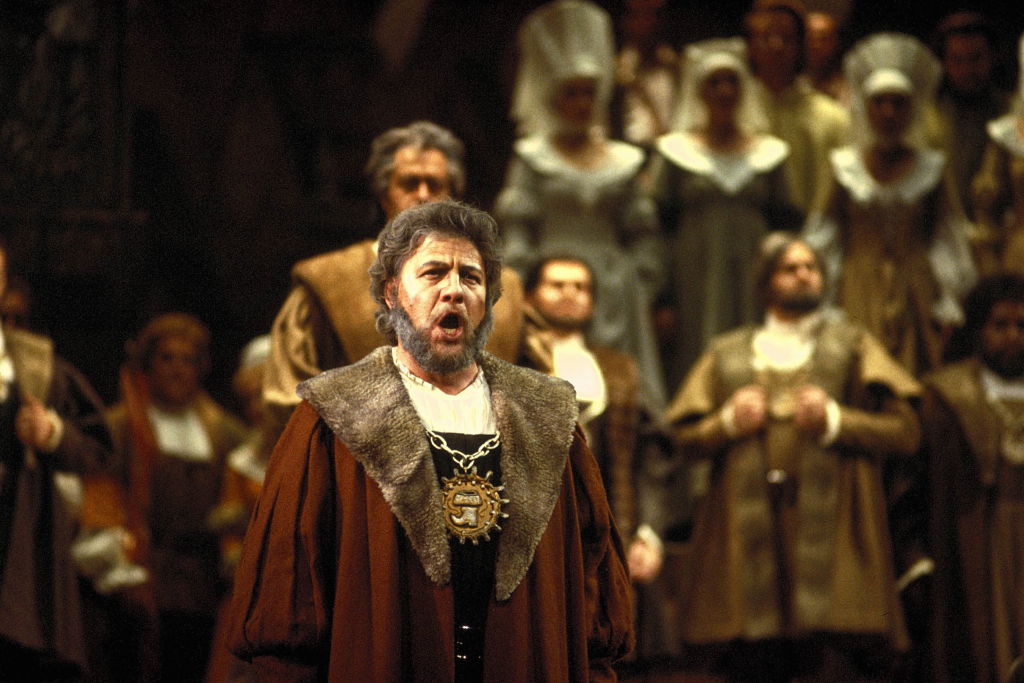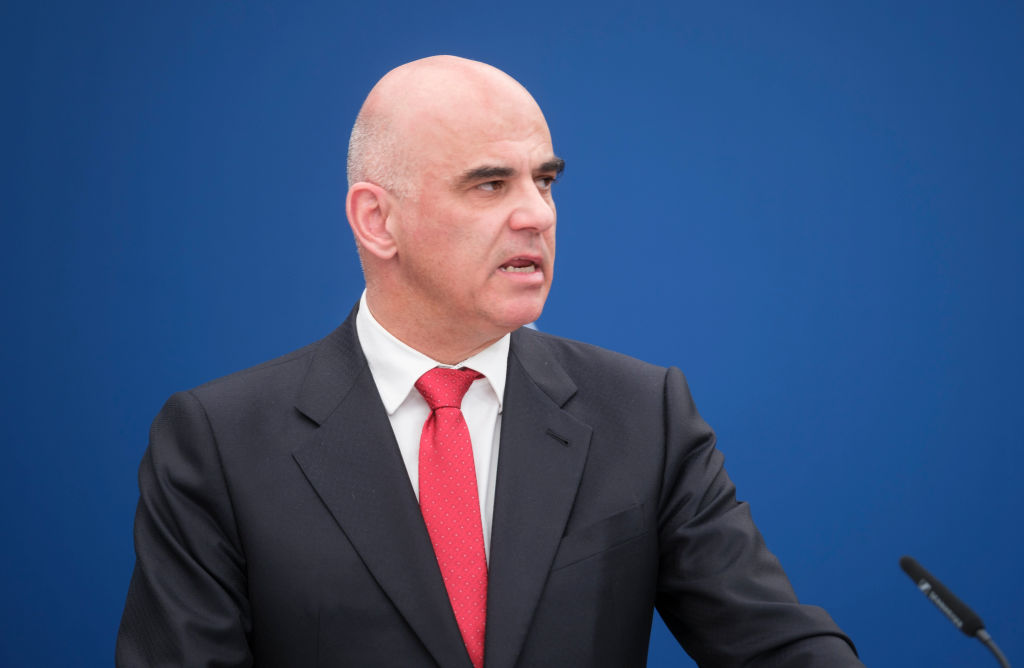Ursula von der Leyen’s launch last week of the Commission’s proposed 2028-34 budget, aka “Multiannual Financial Framework”, brought back a few unsettling memories. For my first exposure to work in Brussels was as the UK’s negotiator on the legislative implementation of the Edinburgh deal, the 1993-99 “Future Financing” arrangements, and I became one of the few initiates into the mysteries of the calculation of the “UK correction”. I missed the next one, but was closely involved in the 2005 negotiations for the 2006-13 framework. I learned in that final December European Council just how difficult it was to keep all the moving parts and all the numbers in sync – though we got there in the end – so I have some sympathy for the last-minute scrabbling around behind the scenes of last week’s botched Commission announcement.
Little did I know then that 2005 would be the last ever UK Presidency, or that I would be instrumental in finally getting the country out of the EU fifteen years later. But I still retain an interest in how the EU does its budget – and not just for nostalgic reasons.
One reason is of course that we can’t afford not to. Britain is already a member of, and will be a considerable net contributor to, the EU’s scientific programmes in the form of Horizon Europe. But there is much more in the pipeline. Keir Starmer’s “reset” deal from May requires Britain to start paying into the EU budget proper once again, in return for the doubtful privilege of having our food and agriculture rules and our carbon prices set in Brussels without any British say. He’s agreed to join Erasmus+ too, which will inevitably be a financial cost for the UK. And who knows what else he may sign up to before the British people get a chance to boot him out in four years’ time?
But that is private pain. We all of us, all Europeans, have an interest in the Commission’s halting attempts to federalise the EU through its budget, its seemingly endless off-budget borrowing schemes, and its determination to find some, any, new taxes to finance more centralised spending. For even if we are not EU members, we all have to deal with the behemoth on our doorstep. We have no choice but to pay attention to its determined attempts to turn the Treaty of Rome Zollverein into something approximating to a centralised polity.
Last week’s announcement saw all the traditional rituals on full display. We saw the Commission’s attempt to face both ways: To tell the recipient countries and the parliament that the budget was 1.26 per cent of GDP, but for contributors only 1.15 per cent. We saw the Parliament’s total unrealism about financial pressures on the member states, symbolised this time by their assertion that the difference between those two percentages, accounted for by the repayment of post-covid debt, somehow wasn’t real money that needed to be paid. And we saw the jockeying for position about the precise formula that allocates Brussels cash to the EU’s poorer regions; the tractors circulating Rond-Point Schuman and the farmers’ denunciation of any attempts to modify or reduce their subsidy regime; and the (entirely reasonable, it must be said) German and wider budget disciplinarian reluctance to agree any changes to financing arrangements. The theatre is all very familiar.
Yet it does matter. The Commission is always beaten back with its regular new ideas, but not all the way. They succeeded in getting a new own resource on plastics packaging waste, however trivial, in 2021. The taboo on off-budget borrowing was broken further with the Next Generation EU programme around the same time. And this time they propose a defence element to the budget, plus, of course, further borrowing as part of the Security Action for Europe (SAFE) programme on procurement. One day soon they will get their new tax in some form. It won’t be their latest nutty idea for a new company tax: But something will happen eventually.
Similarly, on the spending side, there has been a long term shift in the direction of travel. First, in the 1990s, it was away from agriculture towards broader regional support. Thereafter there was a sustained move from direct regional support to various forms of funding for so-called competitiveness, environment, and climate “green growth”. This time too, they will no doubt get some of what they want in terms of reordering and rebalancing of spending. The various lobbying groups will be corralled behind Commission goals and recipient member states and regions, one by one, will be bought off.
So it is slow, halting, but the centralising direction is clear over the long term, just as it has been in most other areas of EU activity too. The Commission has a powerful set of instruments to influence and manage member states, to link one policy to another, to establish a broad direction of travel and stick to it. That is what is happening.
This matters not just for political and constitutional reasons but for economic ones too. For the philosophy that underpins it is surely mistaken. The view that European economic growth in this very diverse continent is best fostered by sending funds to the centre and then redistributing them to deserving recipients is surely disproven by the facts. We can see that at the country level. Southern Italy has not converged on the income levels of the north. For all the public money it has received, the former East Germany has not got much closer to the wealth and prosperity of the West. In Britain too, indeed wherever else it has been tried, it has failed. It is failing and will continue to fail at EU level too.
Similarly, grand programmes and grand budgets to produce competitiveness rarely actually do so. After all the EU is, by now, a world expert in growth plans – just not in growth. From the Delors Commission’s sustainable growth strategy, through the Lisbon Strategy, the Europe 2020 Strategy, the Green Deal, and now the Draghi Report and this budget, the EU’s share of the global economy has nearly halved even though it has twice as many members as thirty years ago. More of the same is not going to produce a different result.
Looking from the outside in, it is in a way sad to see so much political effort from national chanceries devoted to trying to shape outcomes in Brussels, outcomes which will almost certainly add nothing to EU citizens’ wealth but rather distract from political and economic measures which might.
In Britain, we can at least take some comfort from being outside this regime. The EU budget was a huge source of contention when our net contribution was a mere £10 billion or so every year. If we were subject to von der Leyen’s plans now, it would be at least twice that, and quite possibly more. In our ongoing discussion about the EU at Westminster, that fact has almost been forgotten. Yet it must be remembered: Whatever the economic pros and cons, we’ve dodged net payments to Brussels of getting on for €1,000 a household every year. That is a Brexit gain that is definitely worth having.
The Rt Hon Lord Frost of Allenton CMG was Britain’s chief negotiator for exiting the European Union





Voters asked the main achievements of Starmer’s first year, answer: ‘Nothing’